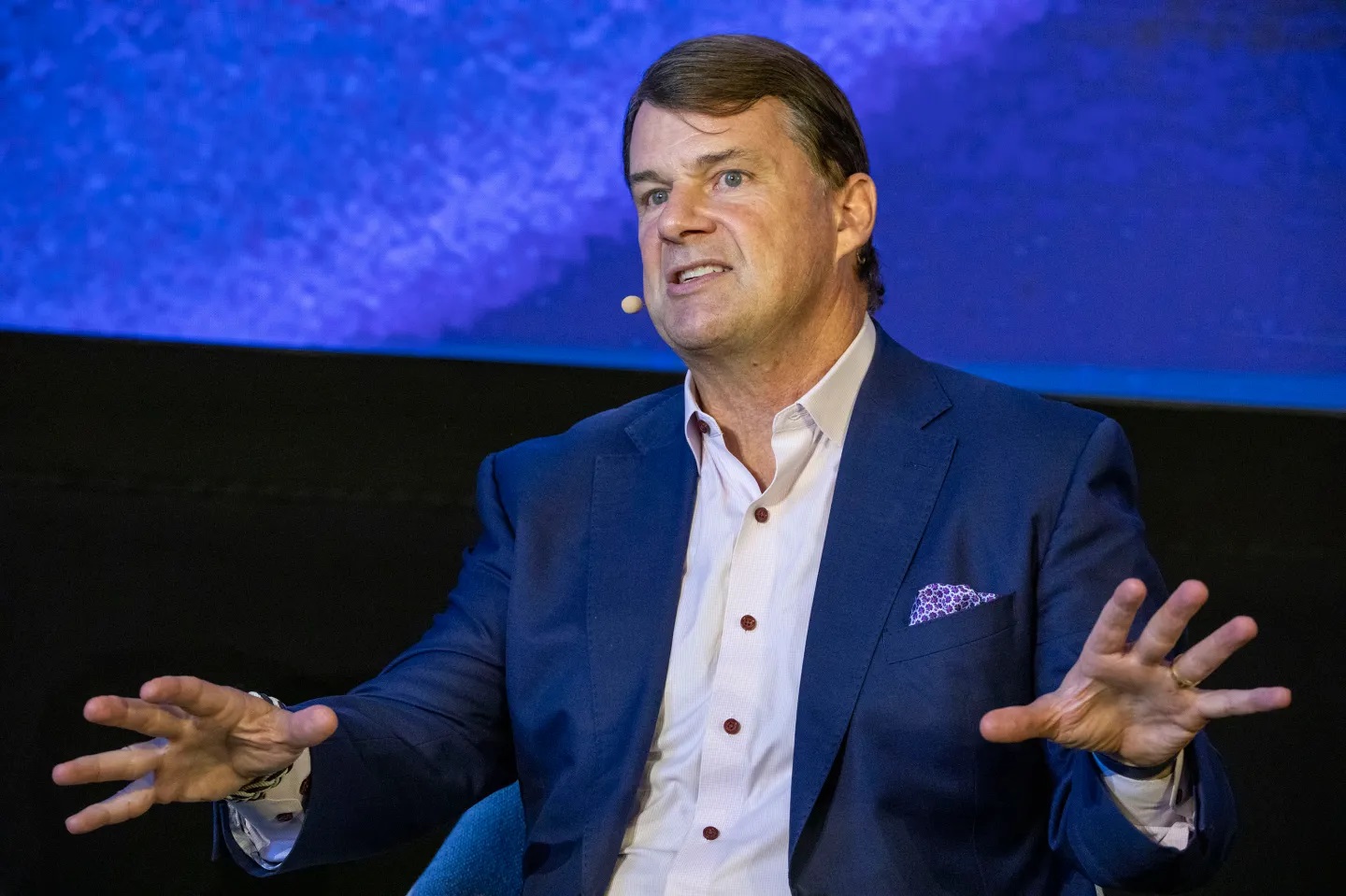Ford CEO Jim Farley Confirms He Ensured Son Gained Hands-On Skills Before College

In a recent interview, Ford CEO Jim Farley revealed that part of his parenting philosophy included pushing his son to work in mechanical and fabrication roles before pursuing higher education. According to the report, Farley did this intentionally to instill both technical skills and real-world work experience.
Quick Insight: Farley emphasizes that beyond theory, practical competence and humility come from doing hands-on work. He believes this shapes character and gives a grounding that complements academic learning.
1. The Philosophy Behind the Approach
• Farley has stated that working with one’s hands builds resilience, patience, and a deeper respect for physical labor.
• He sees this as an antidote to entitlement—ensuring that his son recognizes value in every form of work.
• According to the coverage, he believes many parents and educational systems overemphasize white-collar credentials to the detriment of practical skills.
2. Balancing Manual Work and Formal Education
• The narrative suggests Farley doesn’t reject college degrees—but argues that they are stronger when backed by experience.
• He’s voiced concern that students without exposure to real work can struggle to connect theory with practice.
• In his view, combining trade skills and academic knowledge gives individuals more flexibility in their careers.
3. Broader Signals & Labor Market Context
• Farley’s stance reinforces growing conversations in the U.S. about reviving vocational and technical training pathways.
• With labor shortages in trades and skilled crafts, many argue that more students should be encouraged toward those routes.
• The example also speaks to cultural shifts: redefining prestige, revaluing manual labor, and broadening notions of “success.”
Implications for Education & Policy
Farley’s practices raise timely questions, especially in developing nations:
• Could education systems more intentionally integrate apprenticeships, internships, and trade exposure before or during university?
• Should policy frameworks offer more incentive, funding, and status for vocational and technical institutions?
• In places where cultural biases favor “white-collar jobs,” how can governments and educators normalize respect for trade careers?
• For students uncertain of their path, blending hands-on work with academic study may widen future flexibility and reduce regret.
There are challenges: securing quality industry placements, ensuring safety and supervision in hands-on training, bridging certification standards, and avoiding exploitation of young workers. But Farley’s example suggests a more holistic approach to preparing youth for a complex economy.
